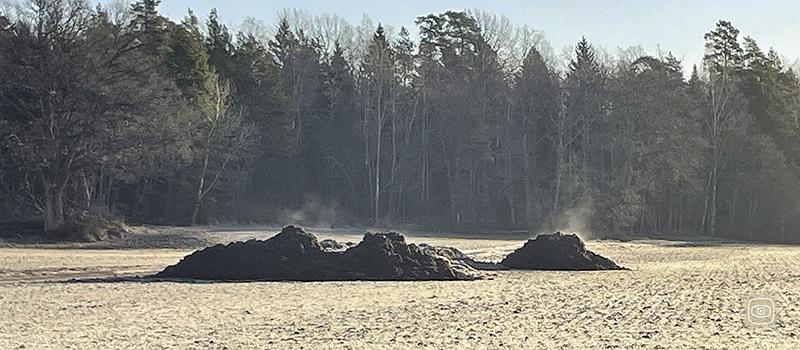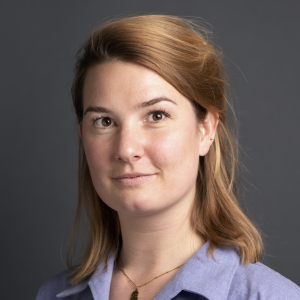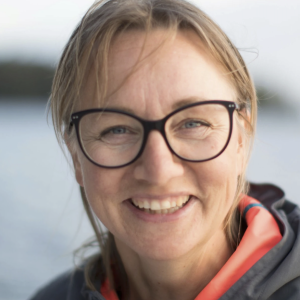Nutrient runoffs from farms pollute groundwater supplies, cause toxic algal blooms of rivers and lakes and harm biodiversity.
The EU is aware of the problem but reacts with conflicting policies. Solving the excess requires farm-level interventions on the one hand but at the same time the EU still subsidises the production of extra manure: 82% of all CAP supports animal-based foods.
The team of journalists tried to investigate the manure surplus in four EU countries, but ran into a lack of data: It turns out that national governments don’t have to report to the EU how much manure there is and where it ends up. At the same time, the decision-makers are trying to solve the manure problem without knowing the details. So who is that who does not want the data out there?
The journalists' answer is the following: the data exists — farmers have it — but no one collects or reports the data. There is a lack of political will to truly combine this data into a cohesive overview of what manure ends up where, and the problems it causes. The team made this overview for the countries they work in.
To visualise the story, the journalists also visited farmers, polluted rivers and lakes as well as manure hotspots and water treatment facilities in the Netherlands, Finland, Sweden and Germany.
Photo by Kristin Karlsson.





